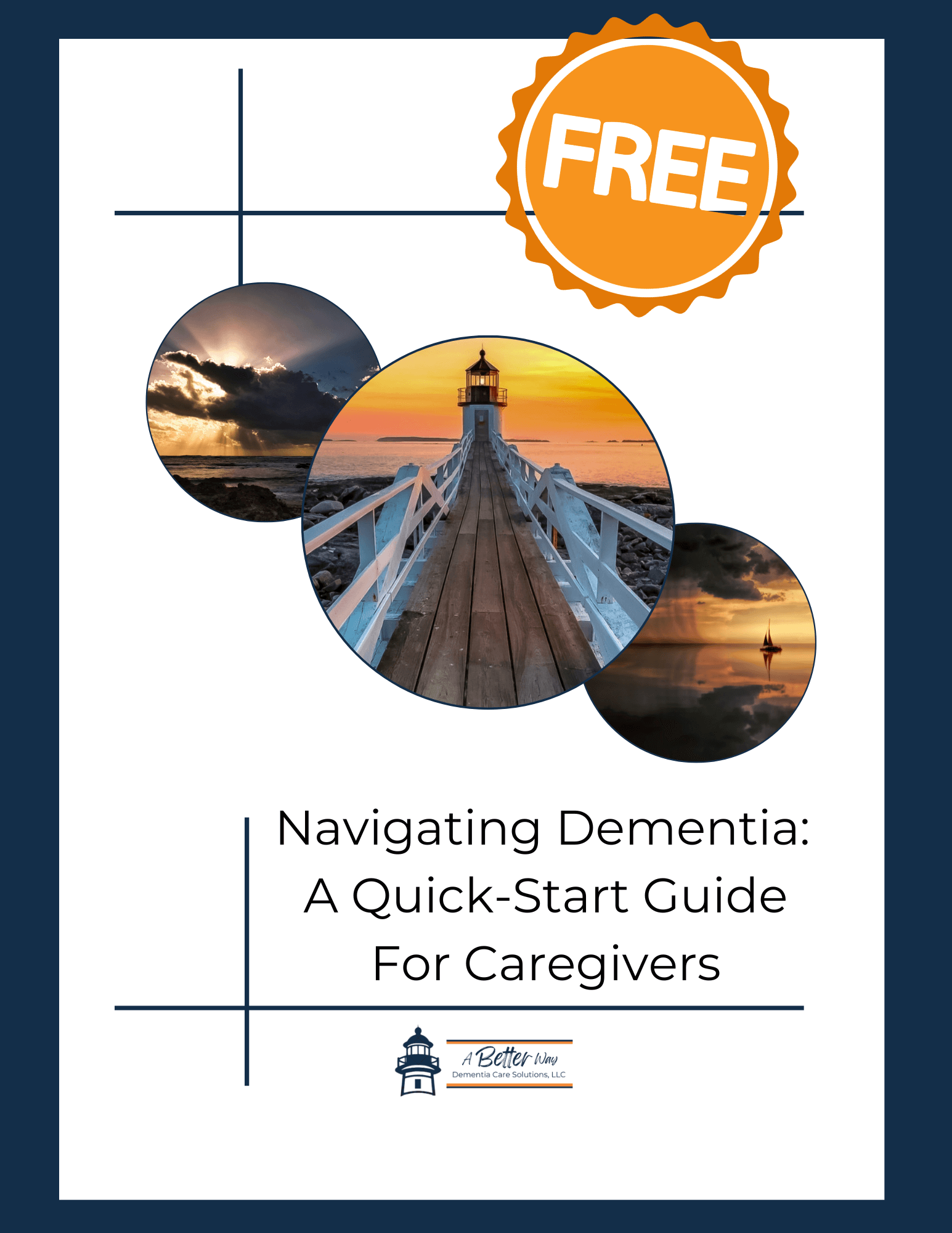
Navigating the financial aspects of dementia care can feel overwhelming, but understanding Medicare and Medicaid can provide much-needed relief. While Medicare helps cover medical expenses like doctor visits and short-term skilled nursing care, Medicaid can provide long-term care services for those who qualify. Knowing how these programs work can help caregivers make informed decisions, reduce financial stress, and ensure the person they care for receives the necessary support. In this guide, we break down the key differences, coverage options, and action steps you can take to plan for dementia care costs.

Caring for someone with dementia comes with many challenges, but legal uncertainties shouldn’t be one of them. Without essential legal documents like power of attorney and advance directives, caregivers may struggle to make crucial decisions when it matters most. In this guide, we break down the must-have legal documents, why they’re vital, and how to get them in place—so you can focus on providing the best care with confidence and peace of mind.

Legal planning is a crucial step in dementia care, ensuring that the person you care for has their wishes honored while reducing stress for caregivers. Understanding advance directives, power of attorney (POA), and guardianship can help you make informed decisions and protect their future. In this guide, we’ll break down the essential legal documents every caregiver should have in place and how to navigate the process with confidence.
Read more...












